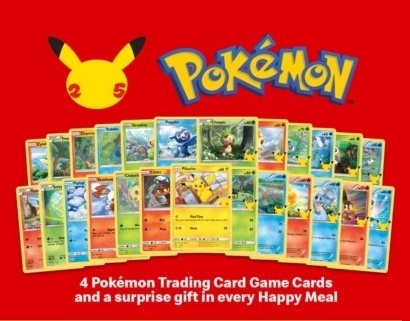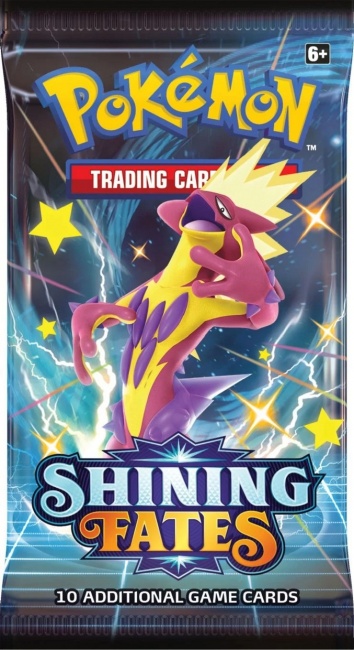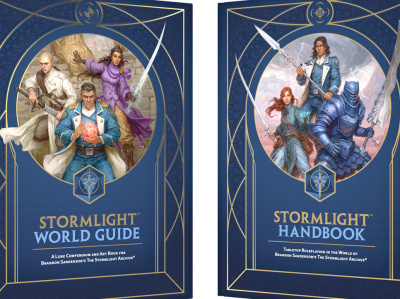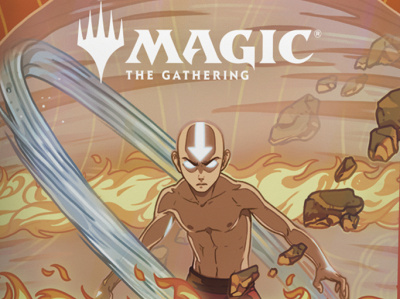Rolling for Initiative is a weekly column by Scott Thorne, PhD, owner of Castle Perilous Games & Books in Carbondale, Illinois and instructor in marketing at Southeast Missouri State University. This week, Thorne reviews the concept of the anchoring heuristic as it pertains to Pokemon TCG cards.
The amazing demand for Pokemon TCG, especially Shining Fates, continues with most stores limiting the purchase quantity of any Shining Fates product that arrives. Even McDonald’s is getting swept up in the frenzy with adults buying mass numbers of its 25th anniversary Pokemon Happy Meals for the 50 cards alone, sometimes throwing out the food and keeping the cards to flip online or to retail stores (see "Chain Store Pickers Used Tracking Tile on Merchandiser's Vehicle"). I've heard of stores getting approached by sellers with 25 or more of the McDonald’s cards for sale or trade, which would indicate that they got their hands on quite a few Happy Meals. McDonald’s card promotions, whether Pokemon or Yu-Gi-Oh!, drive a lot of traffic to their stores, and if the cards are good, we do see a significant increase in prices for the cards in the aftermarket. Yu-Gi-Oh’s Millennium Shield, which sold for $15 to $20-plus after its release as a promotion by McDonald's back in 2002, still has an asking price of over $25 on the collector’s market.
So what does this have to do with the concept of heuristics (see "Rolling for Initiative--What Are Heuristics and How Do They Affect the Game Industry?")?
Well, as I mentioned in a previous column, the familiarity heuristic is one factor driving the current demand for Pokemon TCG (see "Rolling for Initiative--The Familiarity Heuristic"). If you are familiar with something, such as Pokemon TCG, you are more likely to select it over a similar product of which you have not heard. Most people in today’s culture have heard of Pokemon TCG, hence the familiarity heuristic kicks in when someone asks them about TCGs. It is like asking someone not familiar with the game which would win in a battle Pikachu or Diglett? Far more people have heard of Pikachu than Diglett so, based on familiarity, the average person will pick Pikachu.
But how do heuristics come into play in Pokemon TCG pricing and demand?
With that, the average person uses the anchoring heuristic. When anchoring, the person using it takes whatever information they have available and uses it as a base from which to make decisions. A classic example is asking someone if there are more or less than 100,000 stars visible to the naked eye, then asking them how many stars they think are actually visible? It doesn’t matter if they answer more than 100,000 or less than 100,000, that figure creates an anchor of 100,000 in their mind and they will use it as a basis for their estimate of how many stars they can actually see. Generally, the estimates will run from a few hundred thousand to a few million, far less than the actual number of 2 trillion. If they had received an anchor point of a higher number, say 500,000,000, the total estimate they gave would be much higher as well.
The same applies to Pokemon TCG pricing. Someone hears of a Pokemon card selling for $350,100 (see "Gem Mint 10 'Pokemon TCG' Charizard #4 Hologram Card Hits the Heritage Auction Block in January "). That figure becomes the anchor for the pricing of Pokemon cards in that person’s mind, and until they get more information about that particular card and why it sold for so much, it will affect their future perceptions of Pokemon card value. However, Pokemon and "card sold for over $200,000" as will act as the information on which to base their decision and actions on. Pokemon cards will be seen as highly valuable, and remain there until more information gets added and a more reasonable perception of value can be constructed.
Your thoughts as too how much longer the Pokemon boom will last? Send them to castleperilousgames@gmail.com.
The opinions expressed in this column are solely those of the writer, and do not necessarily reflect the views of the editorial staff of ICv2.com.
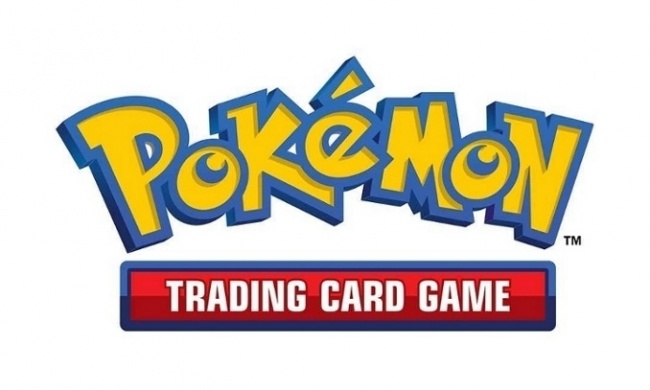
Column by Scott Thorne
Posted by ICv2 on March 8, 2021 @ 4:02 am CT
MORE GAMES
For 'Cosmere Roleplaying Game'
August 13, 2025
Brotherwise Games will be launching the Cosmere Roleplaying Game: Stormlight series.
New Set Features Lots of Allies and Humans
August 13, 2025
Wizards of the Coast revealed details on Magic: The Gathering - Avatar: The Last Airbender.
MORE COLUMNS
Column by Scott Thorne
August 11, 2025
This week, columnist Scott Thorne notes a new twist in the Diamond Comic Distributors saga and shares his thoughts on the Gen Con releases that will make the biggest impacts.
Column by Jeffrey Dohm-Sanchez
August 7, 2025
ICv2 Managing Editor Jeffrey Dohm-Sanchez lays out the hotness of Gen Con 2025.




